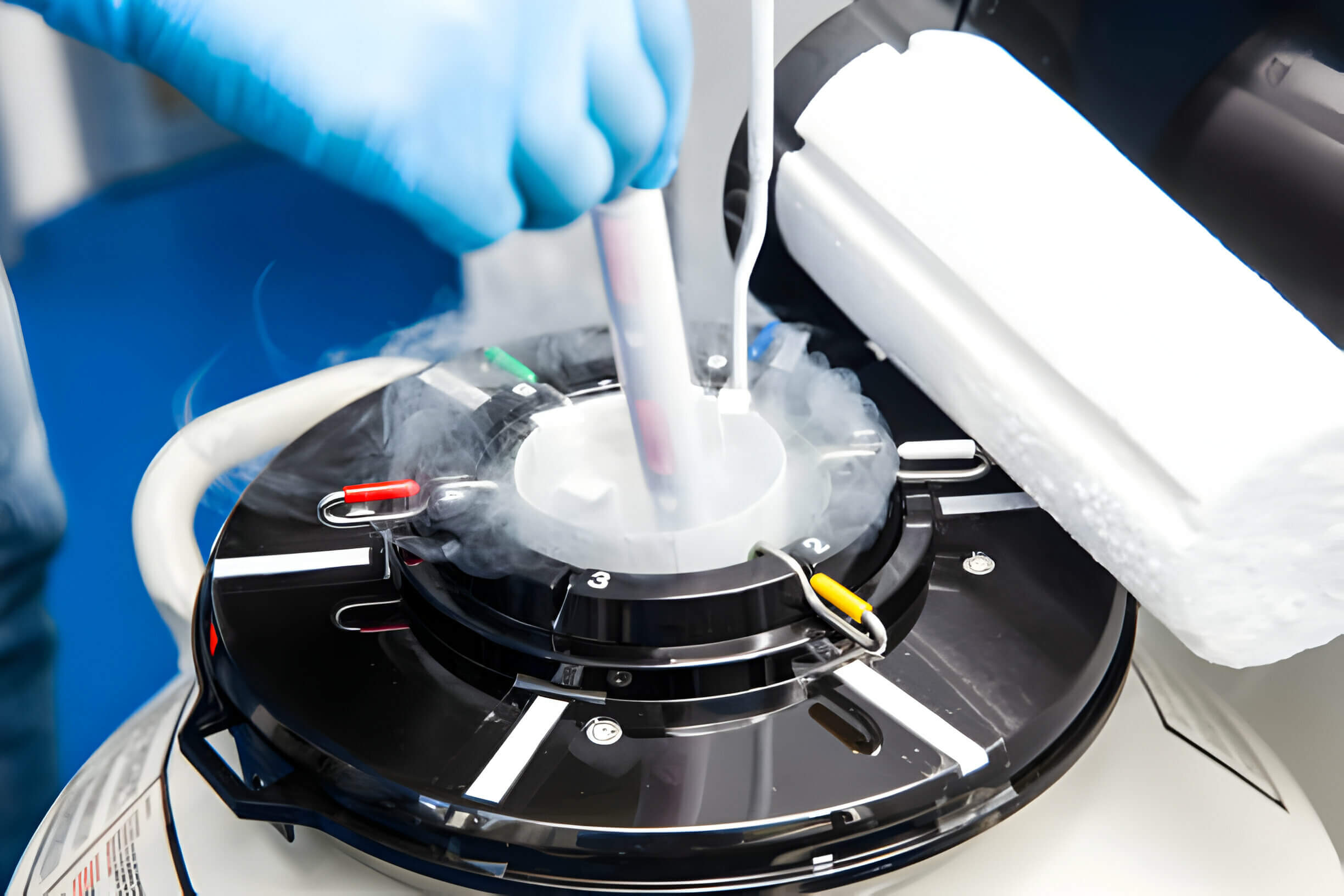Maintaining Biological Integrity: The Crucial Role of Transport Media

Efficient transport media are vital for preserving the integrity of biological samples during collection, storage, and transportation. The ability of transport media to maintain sample viability and prevent molecular degradation directly impacts subsequent analyses and detection efforts. A study conducted by the U.S. Army Edgewood Chemical Biological Center in 2011 highlighted the varying effectiveness of different transport media in preserving biological threat agents.
Temperature's Pivotal Impact
Temperature emerged as a critical factor influencing transport media performance in the study. Samples spiked with ricin toxin, Bacillus anthracis, Venezuelan equine encephalitis virus, and Yersinia pestis were assessed at -70°C, 4°C, 25°C, and 45°C over 60 days. Findings revealed that lower temperatures generally promoted better sample preservation across all transport media tested.
One Medium Doesn't Fit All Needs
While commercial transport media sufficed for clinical samples, the study underscored their limitations for specific applications like bioweapons sampling. In such scenarios, specialized transport media may be necessary to ensure accurate representation of the original sample during analysis.
Viability vs. Molecular Detection Discrepancies
Notably, the researchers observed discrepancies between microorganism viability and molecular detection. Even when organisms lost viability, their nucleic acids remained detectable by PCR, highlighting that molecular detection alone doesn't guarantee the presence of live organisms in a sample.
Protein Toxin Detection Uncoupled from Viability
Interestingly, the immunodetection of protein toxins like ricin was not directly coupled to sample viability. Despite rapid bacterial and viral inactivation, ricin protein remained detectable throughout the study period under certain conditions.
Addressing Evolving Needs
The findings underscore the need to develop advanced transport media tailored to diverse applications, such as environmental sampling under challenging conditions or preserving highly pathogenic agents. Further research is warranted to optimize transport media formulations for specific use cases.
In conclusion, appropriate transport media play a pivotal role in maintaining the viability and molecular integrity of biological samples. Temperature is a key influencing factor, while application-specific requirements necessitate tailored transport media solutions. Continued efforts to enhance transport media will be crucial for enabling accurate biological sampling and analysis across a wide range of scenarios.
Click to View → Mantacc Transport Mediums
References
Suitability of Commercial Transport Media for Biological Pathogens under Nonideal Conditions








